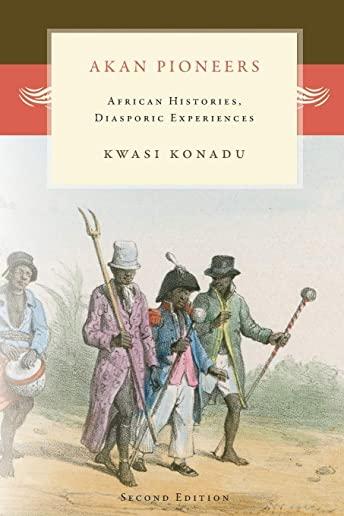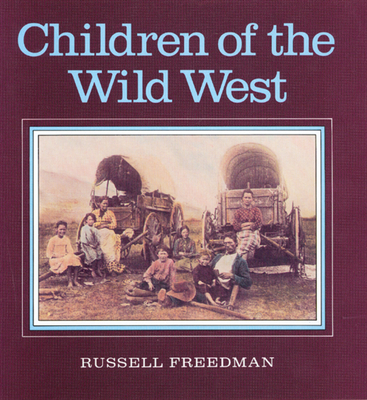
Using diverse and new sources (archaeological, biomedical, climatological, linguistic, ethno-musical, oral and documentary sources in various languages), this groundbreaking study tells the story of a West African people, the origins and character of their cultural forms and ideas, and how these Akan, or "pioneering peoples," shaped the politics and societies of their homeland as well as the European colonies that received their enslaved members. The book demonstrates how these peoples organized themselves into clans connected by shared sociocultural features, formed polities, fought wars yet engaged in extensive diplomacy, traded with yet competed against one another, and ultimately their members became a force in the Americas, despite their relatively small numbers. As enslaved, marooned, or legally emancipated peoples, they foregrounded and yet went beyond the diasporic themes of maroonage, resistance, and freedom. Locating the Akan variable in the African diasporic equation allows scholars and students of Africa and the Americas to better understand how African histories and diasporic experiences cohere and how both are still evolving.







